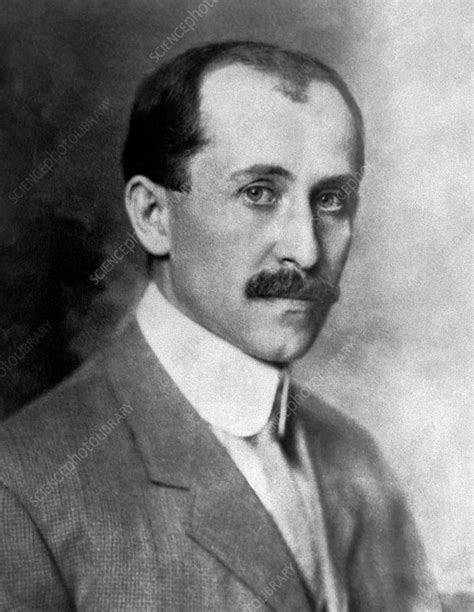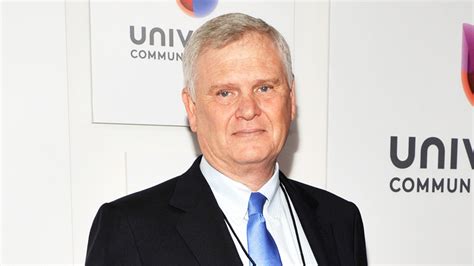A Quote by Mitchel Resnick
For me, the most important and distinguishing property of new media is interactivity. But how many people can actually create interactive games, animations, or simulations? Not very many. So, in my mind, very few people are truly literate with new media.
Related Quotes
From American Idol to The Matrix participatory media - where old and new media converge by involving fans - is influencing our culture by creating new forms of interactive storytelling. Yet by enabling people to participate in such various media they can converge as a crowd to alter the story to create new modes of engagement, some not necessarily endorsed by the creator - or the brands that back them.
Computer and video games represent one of the most important new media developments of this generation. Unlike many other forms of entertainment they offer players the opportunity to explore, be creative, learn through interaction and express themselves to others. It is vitally important that we protect and nurture this new art form so that it can reach its full potential. Like most new forms of artistic expression that have come before (music, novels, movies), the primary critics of video games are the people that do not play them.
I've talked about how the future of journalism will be a hybrid future where traditional media players embrace the ways of new media (including transparency, interactivity, and immediacy) and new media companies adopt the best practices of old media (including fairness, accuracy, and high-impact investigative journalism).
We have new media, new forms of connectivity, and an enormous transference of knowledge. When you study evolution, you see that when new genes meet and multiply, they create new contexts and new species. In a sense, the gene-pool of knowledge and of people connecting at all levels is literally spawning a kind of mind-pool of possibilities.
It's good to be happy and tell us how cool your life is and how awesome you are on social media. It inspires other people to be happy, too. But a lot of times, people are trying to be happy in the wrong ways - with money or with different things that are not true happiness. It's leading people down a rabbit hole that actually doesn't exist. So people think like, "Yo, once I get this money and these cars and stuff, I'ma be so happy." But that's not true. And I feel like that's why it's very important to educate people on different things while you are actually on social media.
I'm naturally shy, so the social media thing is new to me. I haven't really figured out how my voice sounds on social media, you know? I don't want to tweet everyday just for the sake of tweeting. I want to make sure whatever I do there is honest. Social media can very quickly get fake, and I don't want to be that guy.
One of the problems with any kind of talking about the media landscape is that we've just been through an unusually stable period in which, for fifty years, English language media was centered in three cities - London, New York, and Los Angeles - around a very stable group of people working in a relatively stable set of media.




































